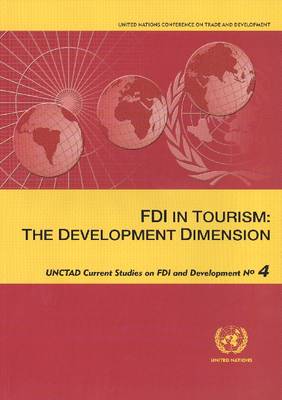Many developing countries are looking to tourism as a potentially promising avenue for economic and human development. This is a relatively new position for some countries, and reflects the rapid increase in tourism in terms of both numbers of arrivals and revenues for several economies in recent years. FDI is one of the routes through which developing countries can carry out tourism, but the dynamics of FDI in this dynamic sector, and its implications, have been relatively little studied. A significant part of tourism's development potential stems from the fact that it links together a series of cross-cutting activities involving the provision of goods and services such as accommodation, transport, entertainment, construction, and agricultural and fisheries production. On the other hand, tourism is a sensitive sector that is vulnerable to external shocks - economic, environmental and political - as well as potentially creating problems of its own. Contrary to common perceptions, one finding of this study is that FDI in tourism is relatively low, compared to other globalized activities (including services such as telecommunications or finance), and compared to domestic investment. FDI exists in only a small number of the many diverse activities that comprise what could be called the "international tourism economy". The main investments are in hotels and restaurants, with little FDI in airlines (although this is growing) and in high profile and important activities such as tour operations or global reservation systems. Tourism-related FDI is also largely concentrated in developed countries.
- ISBN10 9211127289
- ISBN13 9789211127287
- Publish Date 30 March 2008
- Publish Status Out of Stock
- Publish Country US
- Imprint United Nations
- Format Paperback
- Pages 185
- Language English
